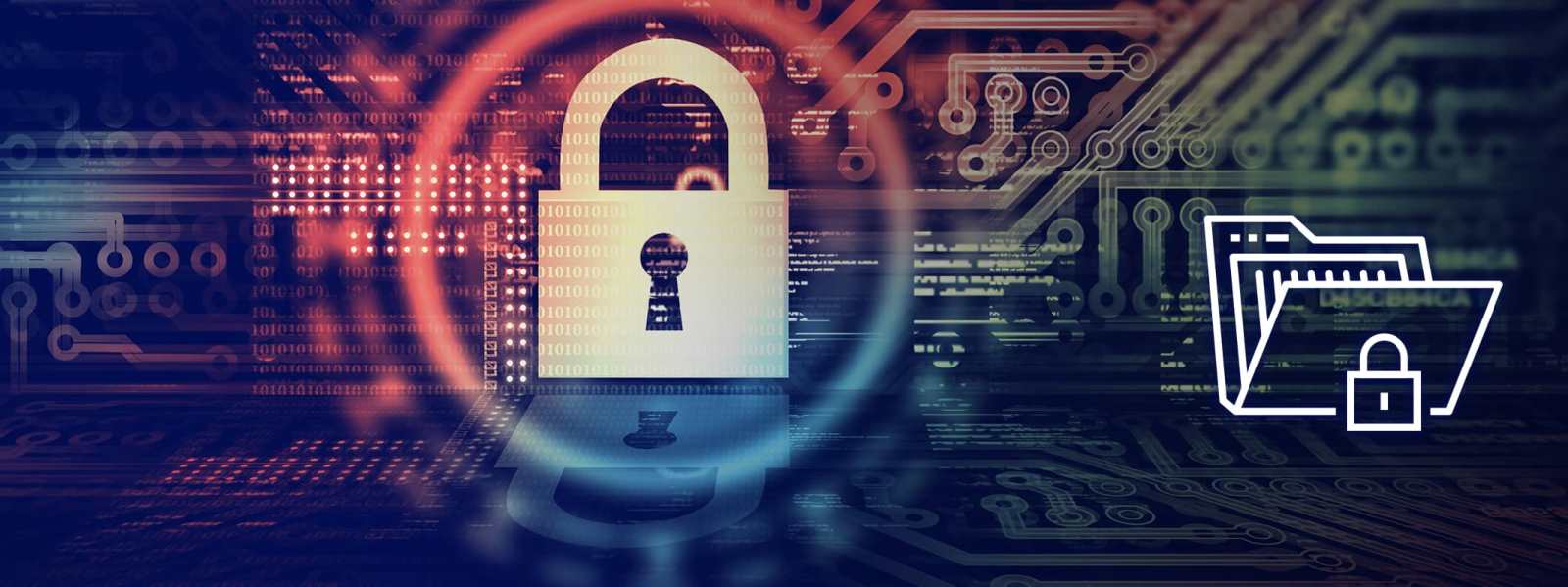The personal data stored on our devices is often irreplaceable. Regular backups can help to protect your important documents, photos, music, videos and contacts.
At work, staff must preserve the confidentiality, integrity and availability of University data. Failure to do so could lead to financial penalties and reputational damage to the University.
Staff should store University data on centrally-provided storage. Confidential information must be encrypted if stored on a mobile device.
Why backup? What are the risks?
A backup is a copy of your files which can be used if the original files are lost, damaged or infected.
There are many ways files can be lost unexpectedly:
- theft or loss of your device
- hardware failure (hard drive failure is a very common cause of data loss)
- fire, flood, or accidental damage
- ransomware or other malware infections
- accidental file deletion
Top tips for storing data securely
Backing up personal data:
- plan for total loss (such as theft of your laptop)
- consider using cloud storage to back up up personal data, such as OneDrive, DropBox or iCloud
- if backing up on an external hard drive, store it in a different location from your computer, otherwise it could be stolen or damaged at the same time
- password-protect your data, if possible, when backing up to an external hard drive
- back up mobile devices regularly as their portability means they are more likely to be lost, damaged or stolen
Working with University data
Use University-provided storage, such as H: and i: drives and OneDrive for Business. Data is stored securely on-site, with data replicated between multiple datacentres. There is no need to make your own backups as data is backed up automatically.
Avoid using commercial cloud services to store or back-up University data. The risks of using external cloud storage include:
- data can be held in other countries and/or different legal jurisdictions
- IP rights can be affected
- external providers could go out of business with little warning
